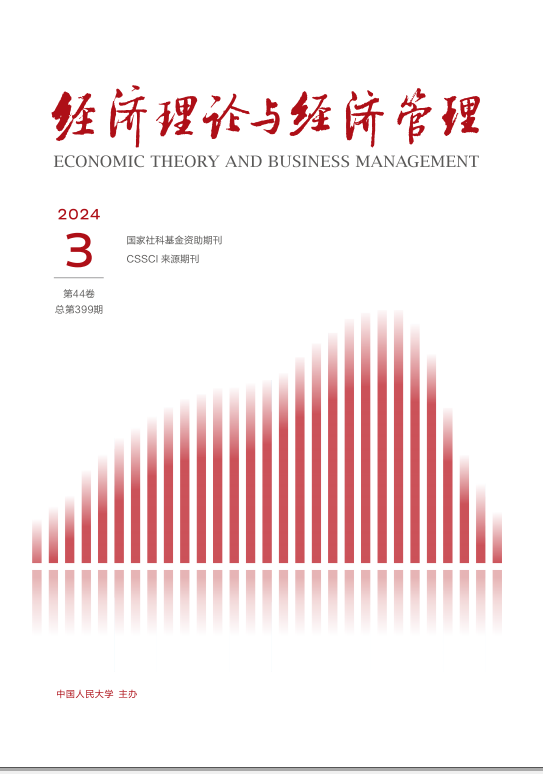Industry is the main sector of pollutant emission and energy consumption Environmental regulation affects environmental total factor productivity and industrial sustainable development further Based on MalmquistLuenberger productivity index, this paper measured industrial total factor productivity of every province using panel data of provincial industry in China (except Tibet) from 2001 to 2012We took environmental pollution into consideration which avoided overestimating total factor productivity The spatial econometric model was constructed in this paper and effects of spatial correlation and spatial heterogeneity were considered There were some controlled variables, such as the proportion of capital and labor, regional economy development, enterprise scale, pattern of ownership, structure of foreign investment Then we tested the relationship between environmental regulation and total factor productivity empirically The empirical results showed that the relationship of environmental regulation intensity and TFP of industry presented as “Ushaped” curve in eastern, western and middle China, which meant total factor productivity descended first and then rose with the enhancement of environmental regulation intensity and eastern region arrived at the turning point earlier than middle and western regions On the right of the turning point, the reaction of total factor productivity caused by environmental regulation change in eastern region is faster than in middle and western regions, marginal total factor productivity is higher in eastern region.





